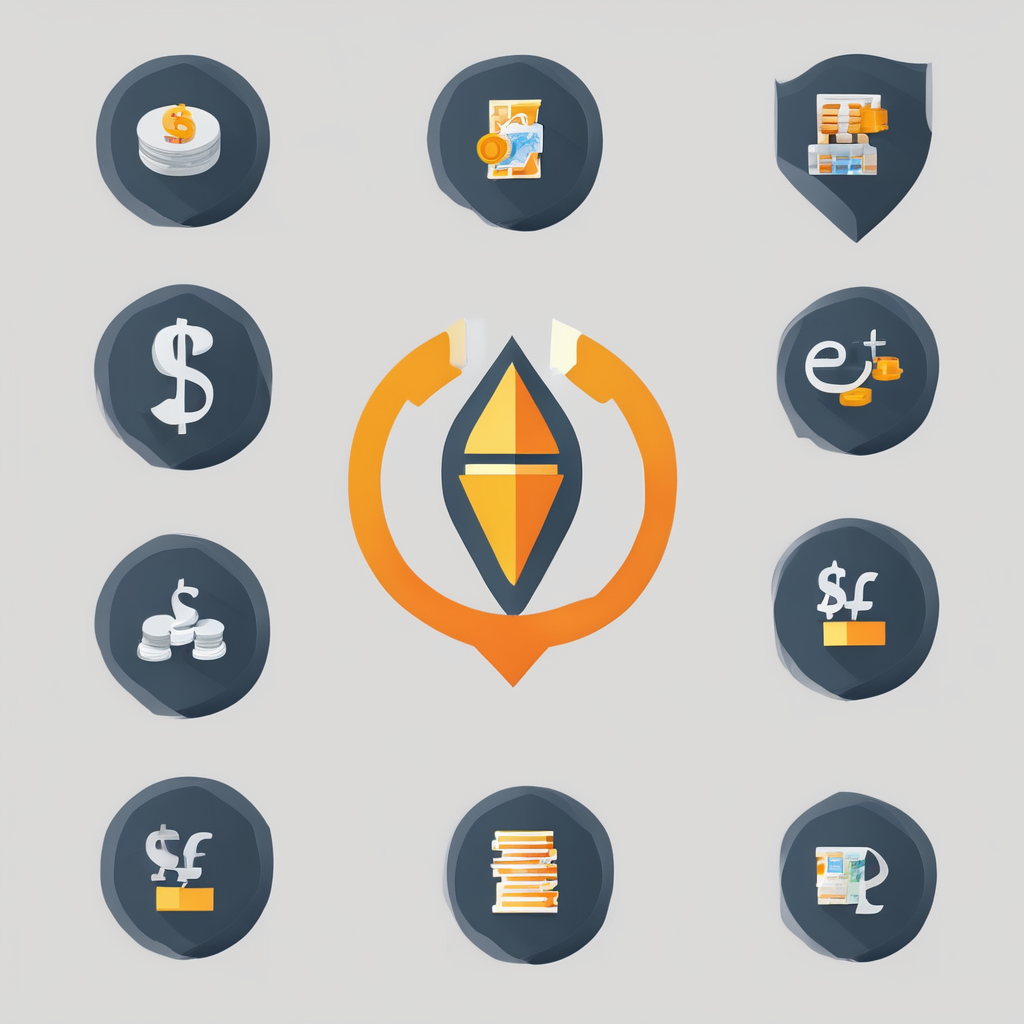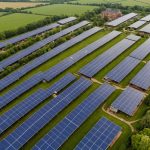Overview of Solar Panel Installations in Rural Yorkshire
Solar panel installations in rural Yorkshire have seen a remarkable growth trend. These installations provide various benefits, primarily focusing on energy efficiency for homeowners. By harnessing solar energy, residents can significantly decrease their energy bills while contributing to environmental sustainability.
The rising adoption of solar panel installations across rural landscapes is fueled by increasing awareness and advancements in solar technology. Homeowners enjoy reduced reliance on traditional energy sources and the potential to generate their own electricity. Additionally, solar panels often require minimal maintenance, making them an attractive investment for those seeking long-term energy solutions.
Also read : Smart property investment tactics for uk retirees: unlocking income potential in your retirement years
An important factor to consider is the typical cost of solar panel installations. While the initial expense might seem sizeable, averaging between £4,000 to £8,000, many find it economically beneficial over time. Government grants and incentives can help reduce these costs further, making solar installations more accessible.
Overall, the trend towards using solar energy has made significant strides in Yorkshire, transforming the way people think about and use energy within rural communities. This shift not only underscores its economic viability but also highlights its pivotal role in fostering sustainable living practices.
Also read : Navigating bristol”s community infrastructure levy: an essential handbook for small developers
Impact on Home Insurance Costs
In rural Yorkshire, solar panels have become more than just a tool for enhancing energy efficiency; they can also influence home insurance costs. Many insurance providers now consider solar panel installations a factor in adjusting premiums. Generally, installing solar panels might reduce insurance premiums. This is because the panels can increase a property’s value, introduce a renewable energy source, and show a commitment to sustainability, which some insurers perceive as low-risk enhancements.
Specific case studies highlight these changes, illustrating how homeowners in rural Yorkshire have experienced noticeable premium reductions post-installation. However, insurers also assess potential risks associated with solar panels, such as damage from extreme weather or electrical faults, which might lead to increased costs.
Understanding these dynamics requires consulting with your insurance provider and considering any additional policies they might offer specifically for homes with solar panels. Insurers often tailor their offerings based on the perceived risk and benefits associated with solar energy installations. It’s crucial for homeowners to communicate effectively with their providers to maximize potential savings on their insurance premiums and ensure comprehensive coverage.
Local Regulations and Policies
Navigating local regulations and policies is crucial for homeowners considering solar panel installations in rural Yorkshire. Authorities have established guidelines to ensure safe and efficient solar setups, covering everything from positioning to energy output. It’s essential for homeowners to review these regulations, as non-compliance could lead to legal issues or financial penalties.
In addition to regulatory compliance, understanding solar panel policies by insurance providers is vital. Some insurers offer special policies, recognising the enhanced property value and reduced environmental impact of homes with solar panels. These policies might include incentives or adjusted premiums, providing additional benefits to homeowners.
Legal considerations may also involve planning permissions. Depending on the property’s location and the size of the solar installation, homeowners might need approval before proceeding with the project. This varies by region and specific local council rulings.
With these factors in mind, engaging with professionals who understand the intricacies of these regulations is recommended. They can help ensure all requirements are met, allowing homeowners to focus on the benefits of their solar investment while maintaining compliance and securing appropriate insurance coverage.
Expert Opinions and Industry Insights
When discussing solar energy installations in rural Yorkshire, engaging with expert opinions offers valuable insights into their impact on the insurance industry. Insurance experts highlight that solar installations often lead to improved property protection, potentially lowering premiums due to enhanced home resilience. They suggest that homeowners should communicate these benefits to insurers to explore potential cost savings.
Solar energy companies operating in the region provide a unique perspective on its adoption. They emphasise how the technology reduces carbon footprints and energy costs, contributing positively to property valuation. These companies often collaborate with insurers to tailor policies that accommodate the unique needs of solar-powered homes.
Market analysis forecasts continued growth in the integration of solar panels and home insurance. The trend suggests that as more homeowners embrace solar energy, insurers will likely adjust their offerings to include coverage options specialising in renewable energy systems. Additional products may emerge that reward environmentally conscious investments.
Overall, solar installations are reshaping both the renewable energy and insurance sectors in rural Yorkshire. The synergy between expert insights and industry adaptations indicates a promising future for sustainable living and financial prudence.
Financial Implications and Potential Savings
Investing in solar panels offers notable financial implications and potential savings for rural Yorkshire homeowners. Initially, the costs might appear daunting, with installations averaging between £4,000 to £8,000. However, several factors contribute to long-term financial benefits, making this investment worthwhile.
Insurance reductions are a significant area of savings. Homeowners often experience reduced premiums post-installation, as insurers might view solar-equipped homes as lower risk due to their increased property value and commitment to sustainability. Additionally, government grants and incentives further mitigate initial expenses, enhancing affordability.
In a comparative analysis, before and after installing solar panels, homeowners often note decreased electricity bills, reflecting direct savings on energy costs. Over time, these reductions can accumulate, offsetting the initial outlay and providing a return on investment.
Moreover, the potential for home insurance cost savings should not be overlooked. Consulting with insurance providers to tailor policies can maximise these benefits. Establishing clear communication with insurers about upgrading to solar energy can reveal bespoke policies that resonate with your home’s renewable initiatives, ensuring comprehensive coverage alongside financial rewards.
Practical Advice for Homeowners
When considering solar panel installations, homeowners can benefit from practical advice to guide their insurance decisions. Before installation, research is essential. Identify local regulations and choose compliant systems. Consult with insurance providers to understand potential impacts on home insurance costs. It’s advantageous to negotiate with insurers post-installation, as solar panels can affect premiums due to increased property value and sustainability features.
Homeowners should also:
- Verify licensing and credentials of installers
- Review government incentives that can offset initial costs
- Compare multiple insurance provider policies to evaluate coverage options tailored for solar-equipped homes
Engaging with professionals can simplify these processes, providing clarity and confidence in your decisions. Insurers might offer bespoke policies recognising the benefits and mitigated risks of solar panels.
For continued support and making informed choices, explore resources such as local community groups, online forums, and renewable energy workshops. These avenues provide insight into both practical advice and peer experiences, assisting homeowners in seamlessly integrating solar energy into their households while optimising their insurance strategies.






